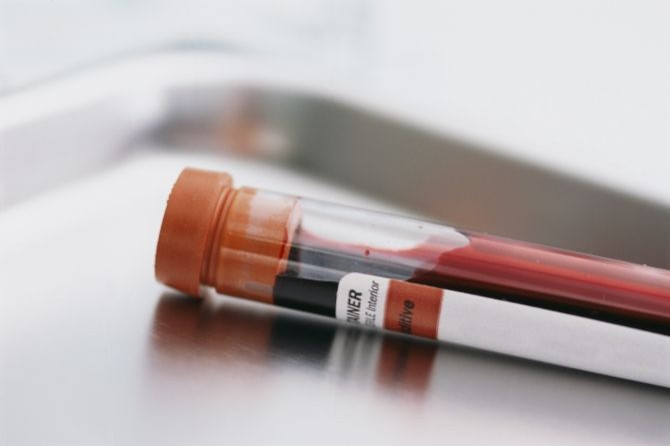Prostate Cancer Screening Recommendations Facing Uphill Battle

Recent recommendations against using a common prostate screening will be difficult to enforce. Many primary care physicians will continue to follow older guidelines before abandoning prostate screenings.
The recommendations made by the United States Preventive Services Task Force (USPSTF) have called for the elimination of using the common prostate-specific antigen (PSA) screening prostate cancer in healthy men. The USPSTF has made these recommendations against the screening in healthy men because the risks do not outweigh the benefits of getting a screening.
The PSA is a simple blood test that measures levels of PSA that may determine prostate cancer. A positive result from the PSA screening can lead to unnecessary medical procedures. The PSA screening cannot distinguish between types of cancers and some cancers may be so slow-growing that a person will more than likely die from other factors than the cancer. A positive test can lead to surgery or even radiation to eliminate prostate cancer which can increase the risk of impotence, incontinence and possibly death.
The USPSTF finalized their recommendations on Monday but that decision has been met with its fair share of controversy. The evidence against the test include large studies in America and Europe which indicate little benefits, with one European study concluding that maybe one out of a 1,000 men who get a PSA screening will avoid a prostate cancer-related death. Other doctors note the decline in the number of men with advanced prostate cancer while other experts note the lack of a urologist on the USPSTF panel as another drawback to the recommendations.
In a survey conducted by Dr. Craig Pollack, from the Johns Hopkins University School of Medicine, right after the USPSTF made the draft recommendations in October 2011, of 125 primary care doctors indicated other significant obstacles in the way of the USPSTF recommendations.
The doctors had agreed to previous recommendations against PSA screening for men over 75 and in men who would not live for 10 or more years but many of their patients will expect them to continue yearly PSA screenings. Nearly 75 percent of doctors, 74.4 percent, stated that their patients would want them to continue giving annual PSA screenings. Around 66 percent of the doctors noted that explaining the recommendations against the PSA screening would take longer than just giving the actual screening while close to half of the doctors feel that not giving a PSA screening would put them at a greater risk for medical malpractice suits.
While the USPSTF recommends against annual PSA screenings in healthy men, there is no real alternative to PSA screenings for possible early detection of prostate cancer. Many doctors and experts believe that educating patients and making an informed decision, detailing the side effects of the test, is the best way to go in regards to using the PSA screening. Just because you have elevated PSA levels does not mean you have prostate cancer and a follow-up biopsy may detect cancer that will not cause a man any harm if left untreated.
Dr. Pollack's study was published in Cancer.



























